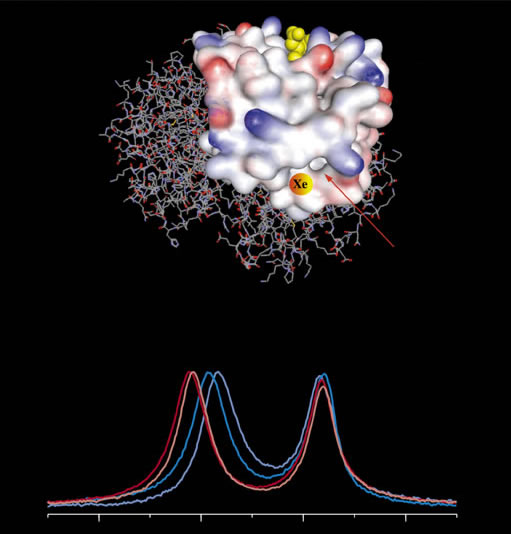Travels of a Young Physicist FROM BASIC PHYSICS TO BIOMEDICINE |
 |
|
|
|
||
 he Scuola Normale Superiore in Pisa, Italy, founded by Napoleon in
1810, is one of the world's most exclusive institutions of higher
learning-and one of the most demanding. Angelo Bifone, who got his
Ph.D. in physics there in 1995, calls it "a very conservative
institution whose science programs are focused on the fundamentals,
not on applications."
he Scuola Normale Superiore in Pisa, Italy, founded by Napoleon in
1810, is one of the world's most exclusive institutions of higher
learning-and one of the most demanding. Angelo Bifone, who got his
Ph.D. in physics there in 1995, calls it "a very conservative
institution whose science programs are focused on the fundamentals,
not on applications."
It's an approach that has paid off in Nobel Prizes for physicists such as Enrico Fermi and Carlo Rubbia, as well as for some of Italy's leading humanists. In whatever way their success is measured, "Normalistas" are expected to represent the very best that Italy has to offer. For Angelo Bifone, work on basic questions about the properties of small clusters of atoms, begun at the Scuola Normale, unexpectedly led him to develop new approaches for the diagnosis and treatment of cancer. First and most important, however, his journey took him to the University of California at Berkeley and the laboratories of Alexander Pines, famed pioneer in nuclear magnetic resonance (NMR). |
||
| < Research Review | Top ^ | Next > |